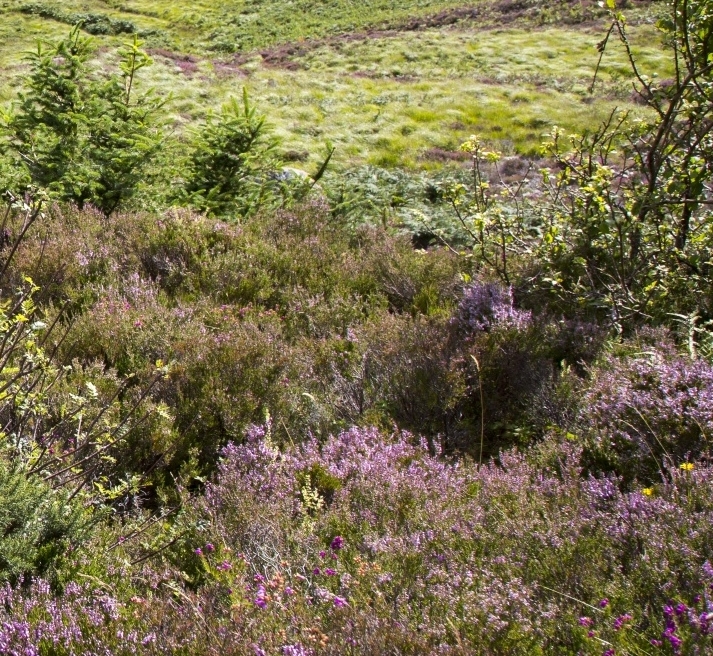
Book review: Harriet Beecher Stowe: A Spiritual Life
a zealous missionary
without portfolio…
Book review:
Harriet Beecher Stowe:
A Spiritual Life
by Nancy Koester
William B. Eerdmans Publishing Company, Grand Rapids, MI, 2014
371 pages, with index
A Spiritual Life is a robust telling of the story of Harriet Beecher Stowe.
From the first page to the last, you can’t doubt that Stowe cared deeply about most aspects of private life, her faith, and the all-encompassing religious framework of the civitas. As a woman in the mid-19th century, she was a zealous missionary without portfolio.
No surprise here, Koester gives comprehensive analysis of the writing and impact of Uncle Tom’s Cabin (published 1852). It was a best-seller in the United States and in Great Britain. It moved multitudes to hate slavery or hate Harriet Beecher Stowe. It did not, despite President Lincoln’s mocking jest when he met Stowe at the White House, start “this great war.” During the run-up to the American Civil War, Uncle Tom’s Cabin did help to clarify existing polemical doctrines of opposing camps.
Koester’s aim is to illuminate Stowe’s spiritual life and her very public commitment to advocating her faith and the importance of religious observance and conviction.
If that’s not to your taste, I think reading A Spiritual Life will be drudgery. For me, it was illuminating.
For my taste, Koester mentions but does not usefully detail the context of other aspects of Stowe’s life and impact on American society. She was a woman who conspicuously did not abide by the social conventions that dictated a passive, private, familial role for women. She wrote and was published extensively (I was surprised to learn that she was a prolific writer, including novels, tracts and political broadsides). She had lots of contact with the great and near-great, including President Lincoln and Queen Victoria. Stowe more or less supported her extended family with her writing—it would be interesting to know how much money she made from her writing, because Stowe persisted in a socially risky career and lifestyle that might have been unattainable without a (relatively) high income. I suspect that Stowe was not one of the 99% in her time.
Koester nobly attempts to make her case that Harriet Beecher Stowe was a mover and shaker, non pareil, in the anti-slavery movement before, during and after the Civil War. I suggest that this is a circumstantial biography of a notable lady who was notably revered—and notably tolerated—by a great many of her contemporaries.
If the South actually had won the Civil War, I think it’s possible that Uncle Tom’s Cabin, and Harriet Beecher Stowe, would be more than a tad less familiar to us.
* * * * * *
Book review. Copyright © Richard Carl Subber 2018 All rights reserved.
-
Above all: Poems of dawn and more with 73 free verse poems,
and the rest of my poetry books are for sale on Amazon (paperback and Kindle)
and free in Kindle Unlimited, search Amazon for “Richard Carl Subber”
* * * * * *



